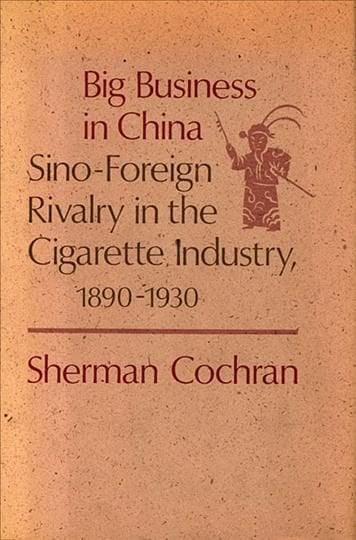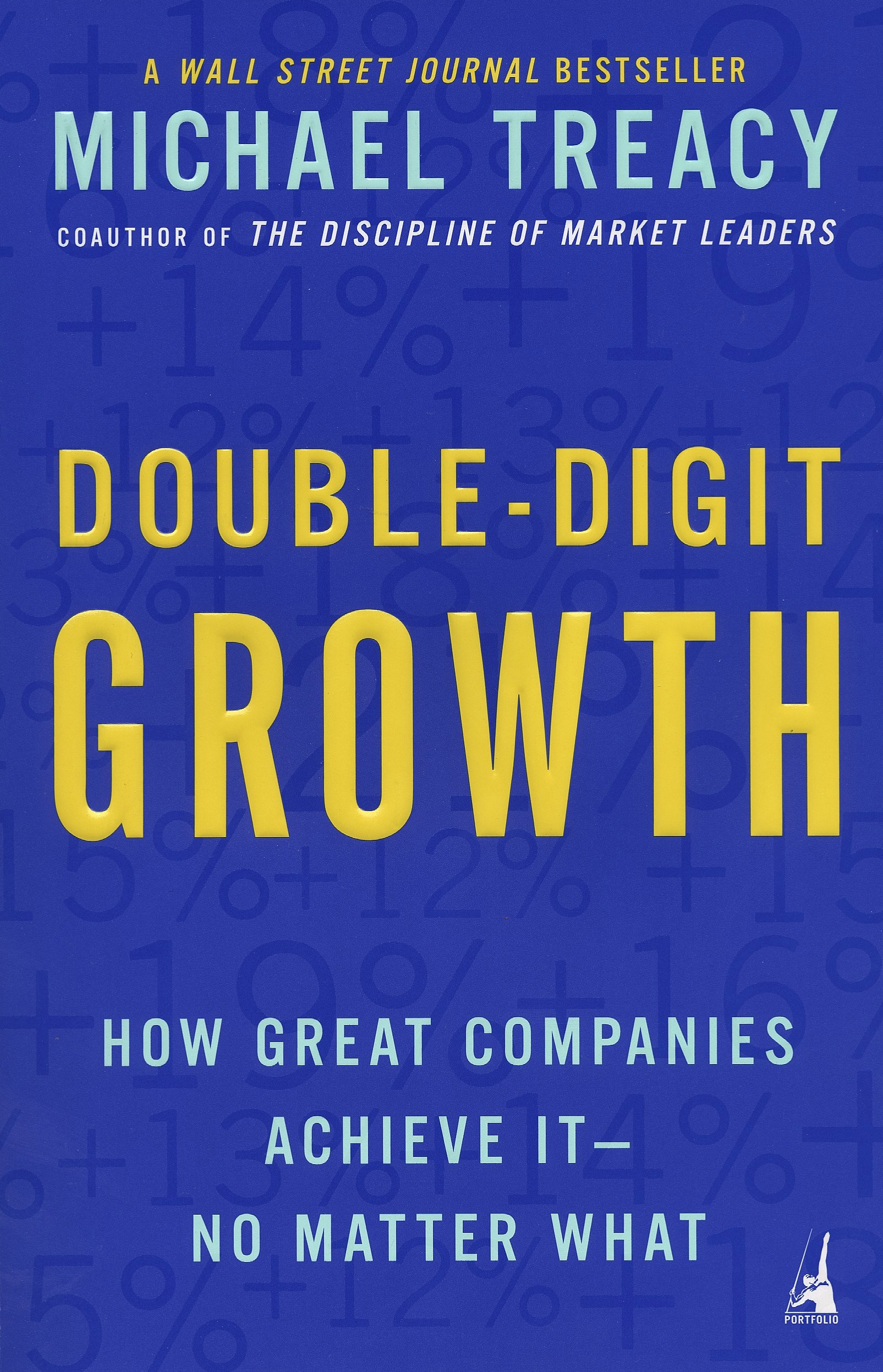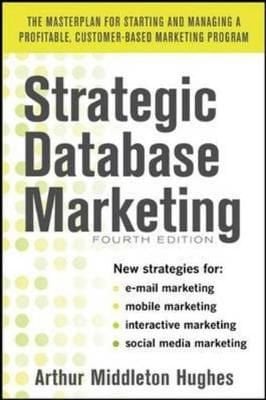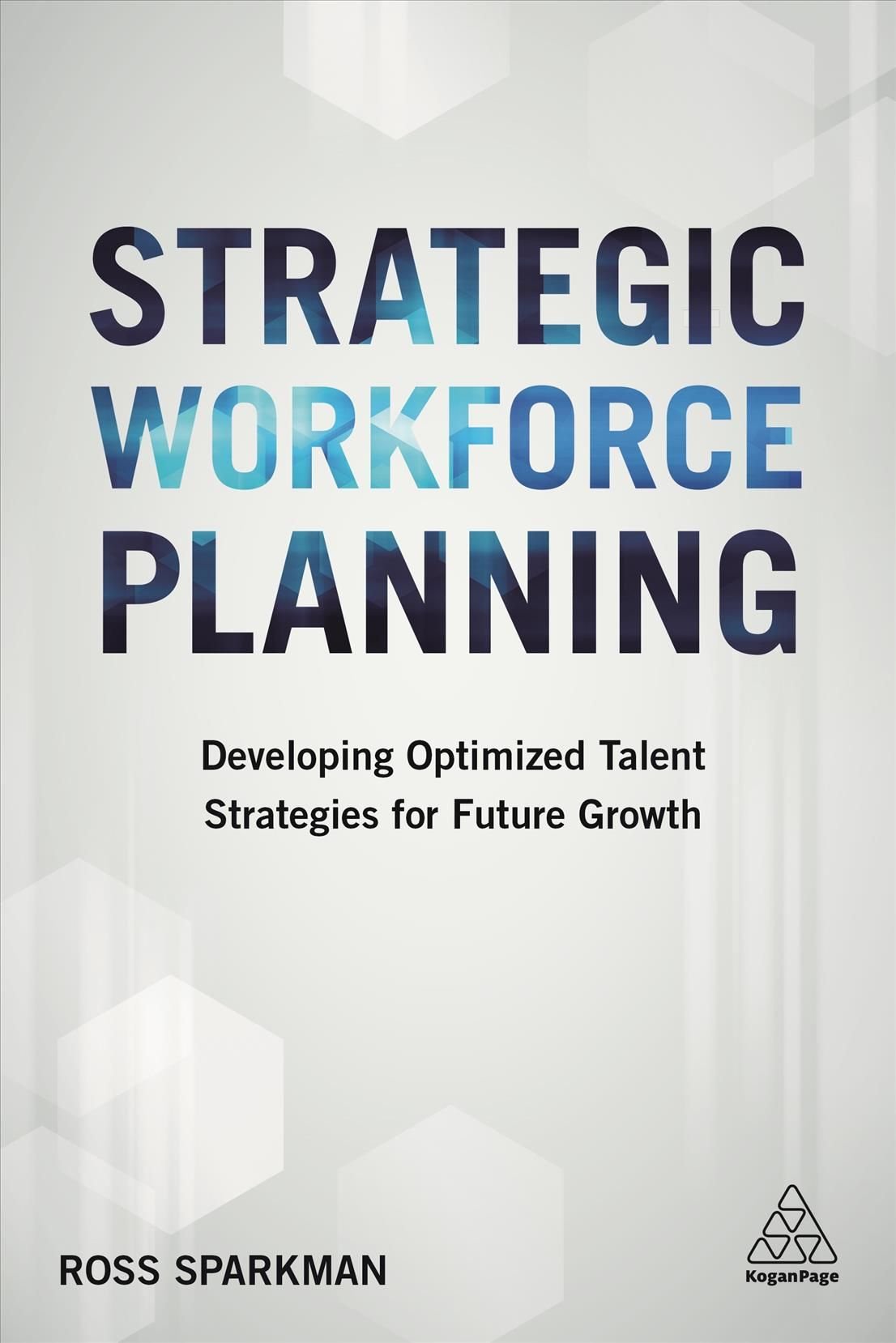In today’s competitive environments enterprises face diminishing market life spans, increasing pressure on profit margins and increasingly complex c- tomer requirements. Thus in their operations, modern organizations have to find a high-level balance between dynamics, complexity and precision in order to best utilize their markets. Organization Theory and Industrial En- neering, the disciplines on hand helping industry to cope with this challenge, soon identified process optimizations as the key to possible solutions. Many efforts have been undertaken to provide sound theoretical models to deal with complexity and dynamics and streamline business processes. These efforts on the one hand helped companies to be more precise in carrying out their actions and even provided solutions to produce customized products at near-mass production prices (Mass-Customization). On the other hand it t- ned out to be one of the most difficult tasks to generalize and transfer ex- riences gained in one process-reengineering project to another and put the theoretical models into practice. Not without reason is it the extremely high failure rate of business-process-reengineering projects that today deters most enterprises from entering such adventures. Right at the same time there emerged a new and highly promising scientific branch, Knowledge Management, that attracted many disciplines - among others again Organization Theory and Industrial Engineering. Knowledge was identified as a major production factor. In industrialized countries, value added is mainly raised by the intellectual abilities of a company’s workforce.












